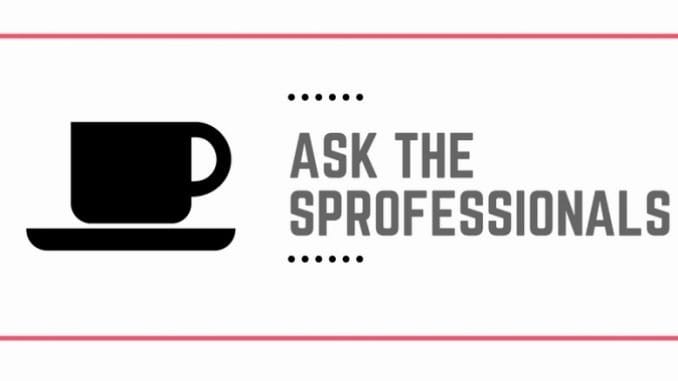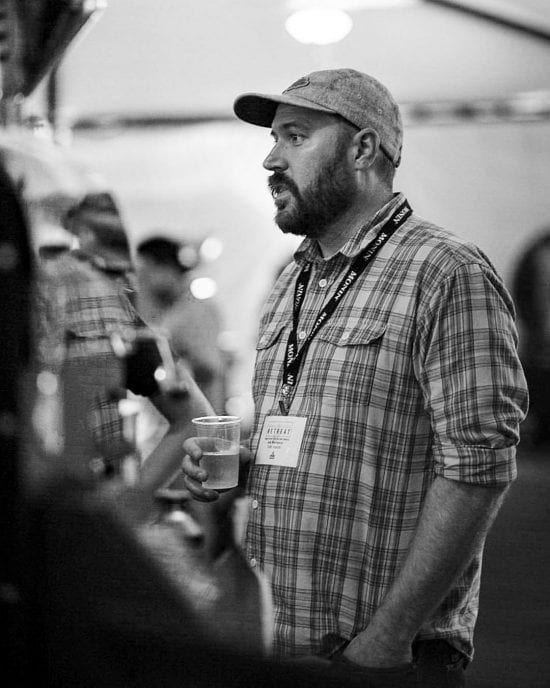
In this series, seven industry experts sound off on issues around café policy, breaking down the ins and outs of how policy affects morale and retention.
BY RJ JOSEPH
SPECIAL TO BARISTA MAGAZINE
Check out Volume 1 of this series here and Volume 2 here.
Volume 3—The Sprofessionals on Communication
Today, a panel of veteran coffee professionals lend their expertise to a subject near and dear to all relationships, including those within a business: communication.
Clear, constructive communication is crucial to any business setting, but what does good communication look like? Should coffee companies have systems in place to ensure optimal communication, or should they be as free and flexible as possible? Is maximum communication the goal, or is less sometimes more?
The Sprofessionals are here to help break down what types of communication systems work and which don’t.
The Question: What are some of the best and worst systems of communication you’ve experienced in cafés, and how do you think they affected morale and turnover?
Claire Fox, nine years in coffee, retail manager
“The best system of communication I’ve experienced was built right into the workflow. It was at my first serious coffee job, Analog Coffee in Seattle.
Nearly every drink was made collaboratively: one barista greeted customers and pulled shots, another prepped cups and saucers, steamed milk, and cashiered. Most jobs I’ve worked since rely on loosely defined autonomous roles: cashier, floater, barista. Analog relied on very specifically defined collaborative roles, which engendered a lot of in-the-moment communication, both verbal and nonverbal.
I think this model contributed to the staff working more collaboratively in other aspects of the shop as well, whether they were deciding how to break down closing chores or determining how to address a problematic customer. Analog rarely loses employees, and this is due to a number of factors, but I think the communication-heavy workflow is a contributor.”
Joe Marrocco, 12 years in coffee, senior sales & director of education at Café Imports
“In all honesty, I have found this to be less about systems, and more about management and how they react to communication.
A good manager will be safe, open, wise, and clear in communication, whether that happens through private message boards, a shared page magnetized to the walk-in cooler, or face to face. An ineffective manager will play favorites, communicate differently with different individuals or work-cliques, and will not be an advocate equally for all parties and individuals.
Systems are great, and can be useful, but only as useful as the person managing them.”

Liz Dean, six years in coffee, regional manager at The Wing
“I think any time a company screws up in a major way that impacts their employees, and their first reaction isn’t to apologize and make amends, it’s a huge problem. Someone whose instinct is to point fingers or make excuses, instead of just owning the mistake and doing whatever they can to correct it, isn’t a good leader. If you want your employees to trust you, then you need to show them that you have their back.”
Randy Levine, four years in coffee, barista at Café Volan
“I have honestly never worked at a place that had praise-worthy communication. When I was in leadership positions, I spent a good portion of my time managing communication between owners, staff, and various departments in roaster/retailers with multiple units. Lack of good communication systems is one of the biggest infrastructural issues I have seen across industries.”
The Takeaways:
- Good communication is crucial to a positive work environment.
- BUT, no one system fits all.
- When mistakes happen, apologizing and being transparent are also important elements of good communication.
Do you agree with the Sprofessionals? Leave your take in the comments section.
 ABOUT THE AUTHOR
ABOUT THE AUTHOR
RJ Joseph roasts coffee and writes a blog called Queer Cup in addition to her other adventures in coffee journalism. Her writing focuses primarily on equity, workers’ rights, and alternatives to the status quo. In her free time she loves cooking, reading, and being in Oakland, Calif. You can follow her on Instagram and Twitter.

